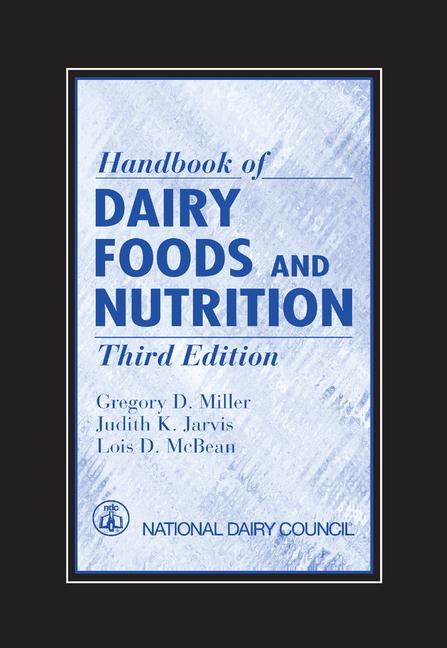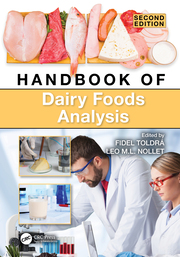Dairy groups laud U.S. Trade Representative’s call for dispute settlement against Canada on its dairy tariff rate quotas
IDFA, USDEC and NMPF have been calling for full enforcement of Canada’s trade obligations under USMCA.

The International Dairy Foods Association (IDFA), the U.S. Dairy Export Council (USDEC) and the National Milk Producers Federation (NMPF) applauded U.S. Trade Representative Katherine Tai for initiating a formal dispute settlement case over Canada’s manipulation of dairy tariff rate quotas (TRQs) under the US-Mexico-Canada Agreement (USMCA).
Washington, D.C.-based IDFA said Canada had agreed to increase U.S. dairy access to its market for milk, cheese, butter, cream, skim milk powder, yogurt, whey, and ice cream by establishing tariff-rate quotas for those items. But Canada constructed its dairy TRQs to discourage the entry of those products by reserving a large percentage of each dairy TRQ to its own dairy processors, who have no incentive to import U.S. products that they themselves produce. That action, IDFA argued, limits the ability of U.S. suppliers to export and is not fair and equitable administration of its TRQs, as Canada has committed to do under USMCA.
IDFA and other dairy organizations have repeatedly cited Canada’s circumvention of its trade agreement obligations in several meetings with USTR officials and in an open letter to Ambassador Tai on May 14. The Trump administration had accused Canada of violating the agreement last December by initiating pre-dispute consultation proceedings, which were temporarily put on hold when the Biden administration came into office, IDFA said.
“We are very grateful to Ambassador Tai for moving forward with this enforcement action against Canada, the resolution of which is a critically important matter for U.S. dairy producers and processors. We appreciate Ambassador Tai’s open commitment to enforcing U.S. trade agreements to their fullest and maintaining a rules-based trading system,” said IDFA President and CEO Michael Dykes.
Under the USMCA, which in 2020 replaced the North American Free Trade Agreement, Canada, the United States or Mexico may invoke a formal dispute settlement process if it believes one of the trading partners has failed to carry out a treaty obligation. Issuing a request for a dispute settlement panel is the first step in that process, followed by the formation of the panel, the panel’s review of the U.S. complaint of Canada’s TRQ obligations, and ultimately a report published by the panel, IDFA noted.
“On behalf of America’s dairy farmers, we thank Ambassador Katherine Tai for initiating the USMCA dispute settlement process by requesting the formation of a panel to examine Canada’s failure to provide access to its dairy TRQs in accordance with USMCA,” said Jim Mulhern, president and CEO of Arlington, Va.-based NMPF. “Canada has failed to take the necessary action to comply with its obligations under USMCA by inappropriately restricting access to its market. This needs to stop and we are thankful that USTR intends to make that happen.”
Krysta Harden, president and CEO of Arlington, Va.-headquartered USDEC, extended USDEC’s appreciation to the Biden Administration for moving forward with the dispute settlement action.
“We have had long-standing and well-founded concerns that Canada undermines its trade agreements when it comes to dairy,” she said. “Our trading partners need to know that failure to meet their agricultural trade commitments with the United States will result in robust action to defend U.S. rights — today’s action demonstrates just that. The expansion of dairy market access opportunities is critical for our industry. Today’s action is a critical step toward maximizing current export opportunities while sending a strong message in defense against the erection of future barriers in Canada and other markets as well.”
Looking for a reprint of this article?
From high-res PDFs to custom plaques, order your copy today!







